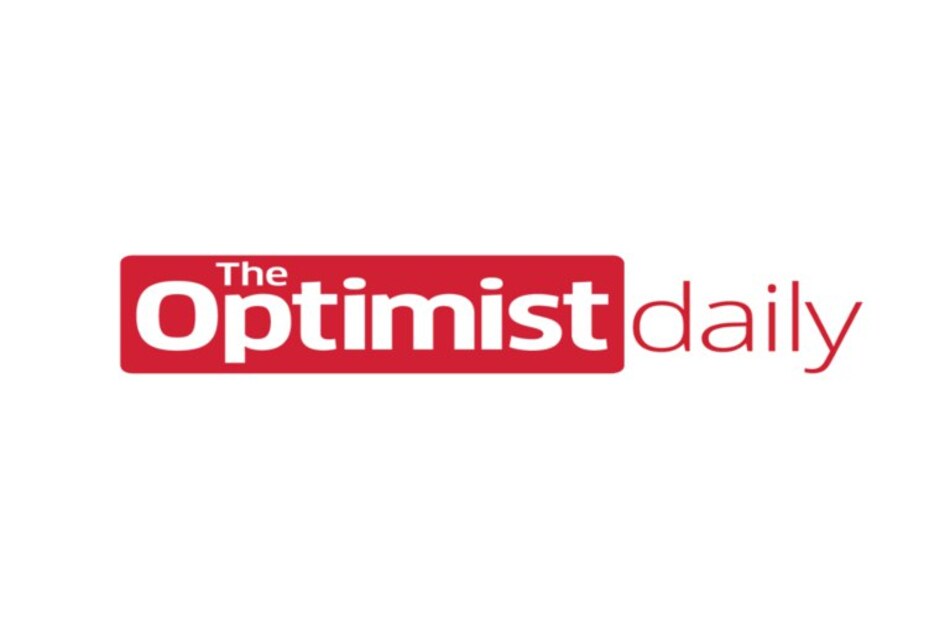When discussing the gender pay gap, the idea that women take more time off after the birth of the child tends to come up. But what’s left out of the conversation is the way that women who become mothers, regardless of whether they take time off or not, are paid differently than men who become fathers.
What is the motherhood penalty?
This is called the “motherhood tax” or “motherhood penalty” and the “fatherhood bonus.” The motherhood penalty stems from the assumption that women will bear the brunt of the responsibility of childcare, and as a result, will not prioritize their work. The fatherhood bonus comes from the idea that men who are fathers will be more responsible and dedicated to their jobs because they need more money to support their growing families.
The whole concept is rooted in limiting gender roles and stereotypes and is found to be consistent across all groups, spanning different ethnicities, education levels, occupations, and ages.
Claudia Reuter, author, and CEO of High Alpha reveals how the motherhood penalty affects women’s careers and offers solutions that companies can implement to rectify the gender discrepancy and to start treating employees fairly.
Reuter believes that the way a mother’s career gap is viewed is the root of the problem. For instance, a college student who takes a gap year to travel has no problem explaining the skills they have learned from travel and what a great experience it was for them. However, in our society, caregiving is so devalued that people don’t feel the same kind of freedom to express what they gained from that experience, even if running a household successfully and navigating family life has many valuable and transferable management skills.
How can we address the motherhood penalty?
There are plans in place like the Marshall Plan for Moms that request direct monthly payments of $2,400 a month to go to mothers. Reuters believes this is a positive change, but that it doesn’t go far enough.
Reuters’ suggestion is for both private and public sectors to invest in early childhood care and education. Policies like equal parental leave for all parents and recognizing the value of caregiving in the professional sector are also valuable for closing this gap. If you want to hear more about tangible solutions that you can implement in the workplace, listen to The Motherhood Tax and the Fatherhood Bonus on The New Way We Work.











